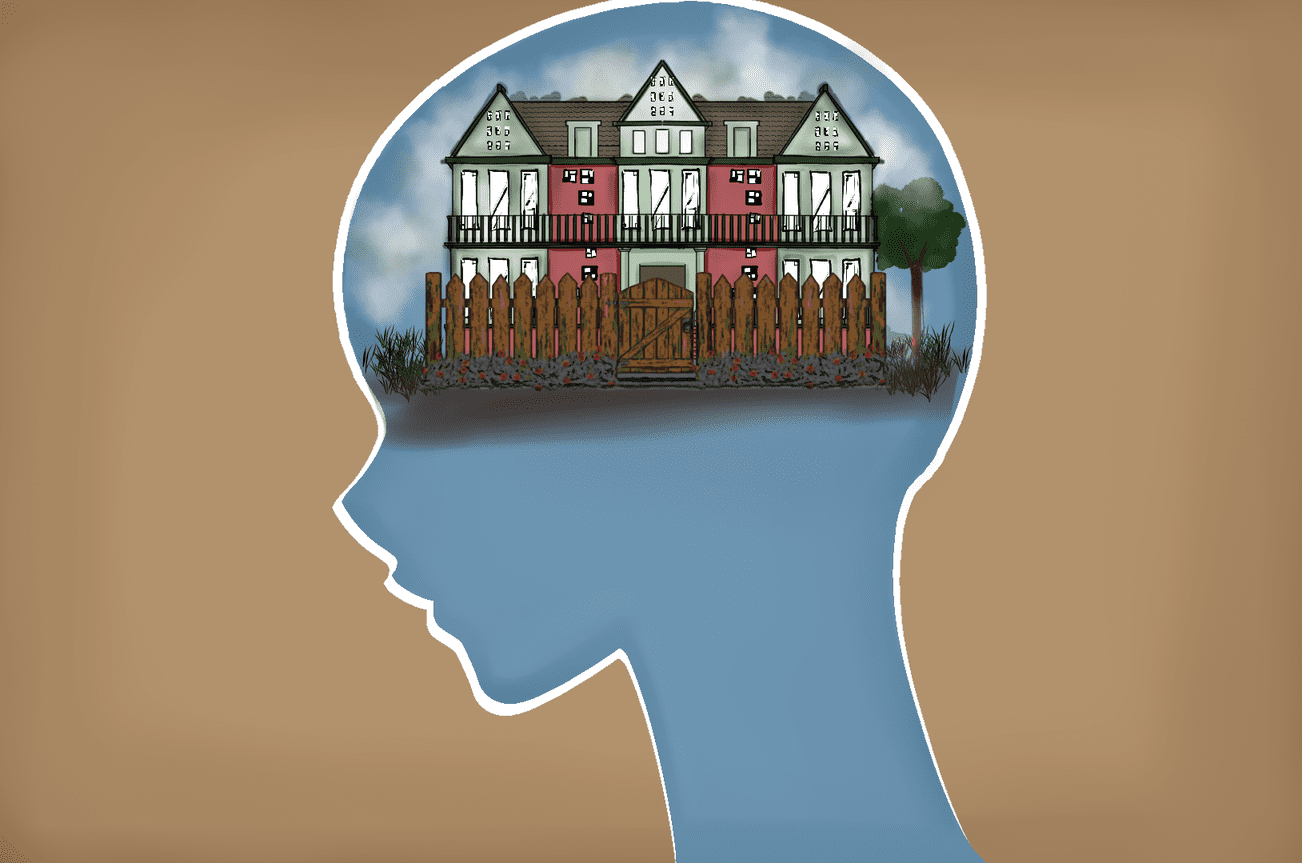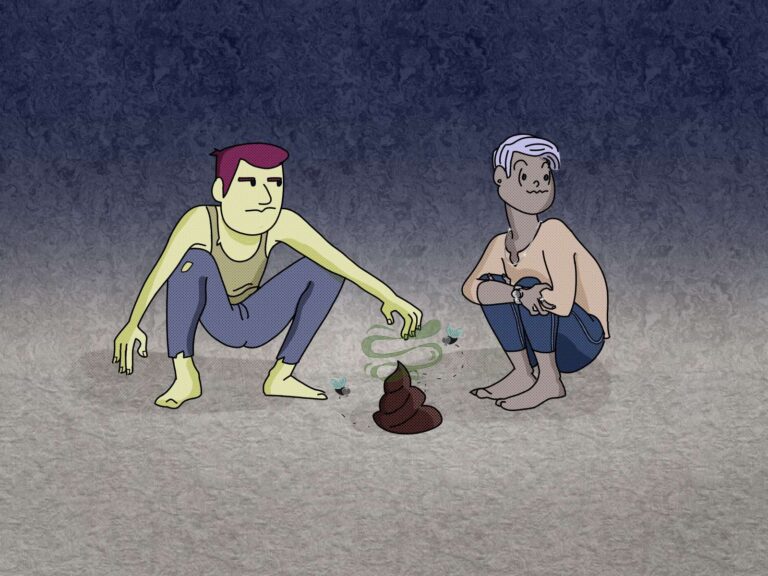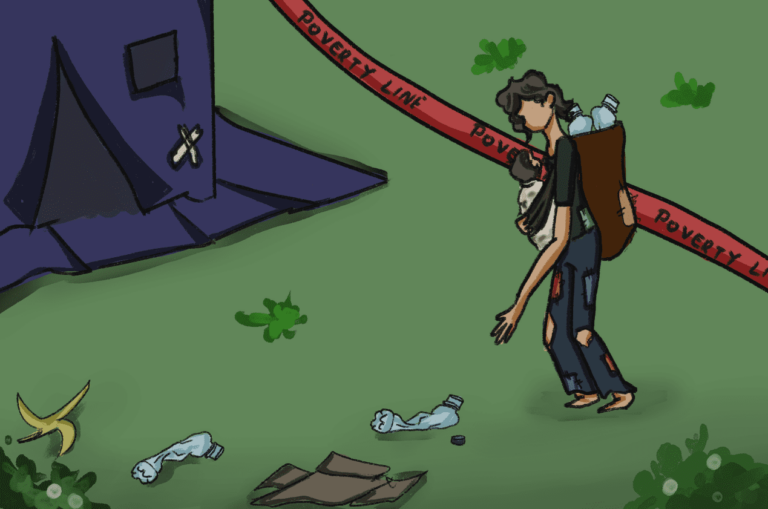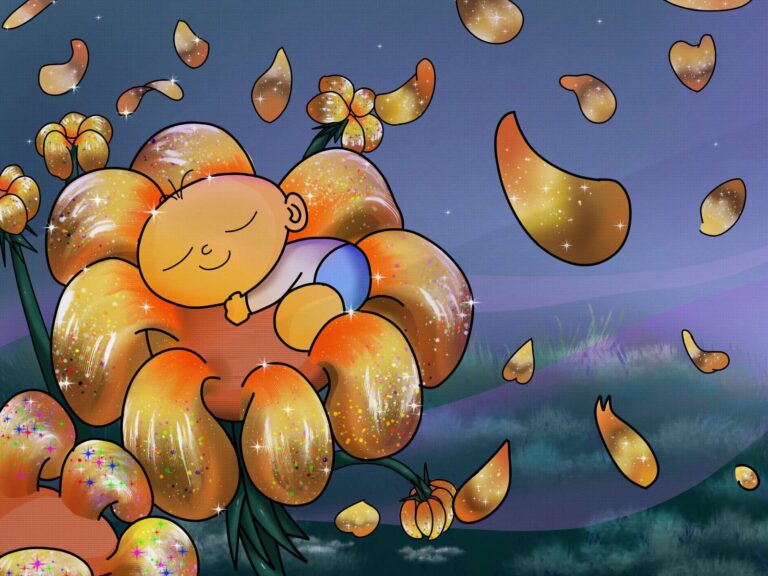In search of a home in Kashmir
The pandemic gave us plenty of reasons to reflect on the things going on around us. The videos of migrant workers plodding their way home in any possible way shocked us out of our wits.
The idea of a home cannot be explained in ink or words. It’s beyond human flesh and blood. As Maya Angelou said, “The ache for home lives in all of us.”
Just think of the prospect of somebody telling you to leave the land where your ancestors have lived for centuries. The mere thought sends a shiver down the spine.
Rahul Pandita was fourteen when his world fell apart, and he had to leave his home in Srinagar, kashmir. His memoir, ‘Our Moon Has Blood Clots,’ recalls and records the exodus and killings of the Kashmiri Pandits – a Hindu community that belonged to the Kashmir valley. It was in the year 1989 that Kashmir came under the grip of insurgency, and in January 1990, displacement of the community began.
The book begins in Jammu, where a number of Pandit families are spending their first summer in exile. The landscape of Jammu is alien to the Pandit families and causes them a lot of uneasiness and stress. Everyone is trying to survive what happened in January. While the author’s family has put up at a cheap hotel, other families have been forced to live in refugee camps put up by the local administration. The life, as described in this non-fiction is dismal, the displaced families are forced to survive on the essential commodities distributed by the relief vans. The memoir also talks about the centuries-old political and cultural history of Kashmir valley and the place of Pandits in it. The memoir shifts from the past to the present and the present to the past, and thus we can have a closer look into the injured psyche of the author.
Rahul Pandita describes his personal losses – how his family was not the same after the murder of his cousin, Ravi, by the Islamic militants. The book is dedicated to Ravi, whom the author hails as his first hero. It is also a dedication to his homeland, his ‘watan’, Kashmir. He, in this way, talks of the injured psyche of Kashmiri Pandits, who were a part of the exodus, how the memories of home resonate in their heads. Pandita recollects one such incident in this memoir where his mother constantly talks of her lost home in Srinagar, “Our home in Kashmir had twenty-two rooms.”
Nobel-Prize winning poet Pablo Neruda’s “Oh My Lost City” has served as an inspiration for the author while deciding on the title of this non-fiction. The author has beautifully interwoven his personal pain and the pain of his displaced community. The author’s writing style, memory, detailing deserves applause. Every incident is so well brought out that the book will haunt readers for years. Eminent historian Ramchandra Guha says, “This book throws new light on one of the most tragic conflicts in the modern world. Every paragraph of this compelling memoir rings true”.
For thirty years they’ve been away from home in kashmir. For thirty years, they’ve been on this topsy-turvy journey carrying their homes in their heads. Their journey reminded me of an Urdu couplet I read a year back.
“azaab ye bhī kisī aur par nahīñ aayā ki ek umr chale aur ghar nahīñ aayā”
(No one had such a painful fate. We walked miles, yet remained displaced)
Rahul Pandita is a Delhi based journalist. His other books are Hello, Bastar (2011), The Absent State (2010) and he’s active on social media.
Featured Image Credits: Wikimedia









Nice work again.